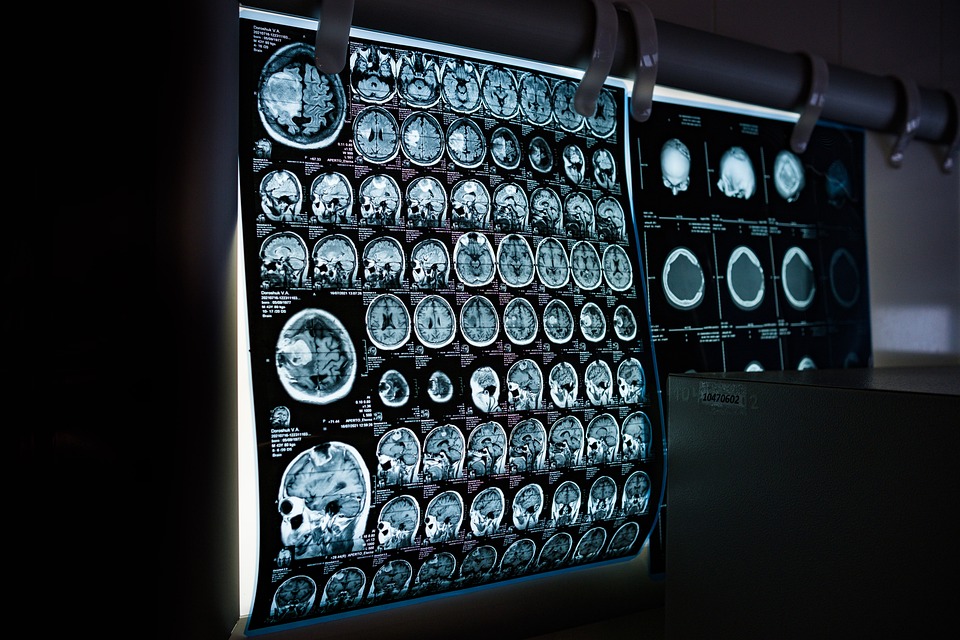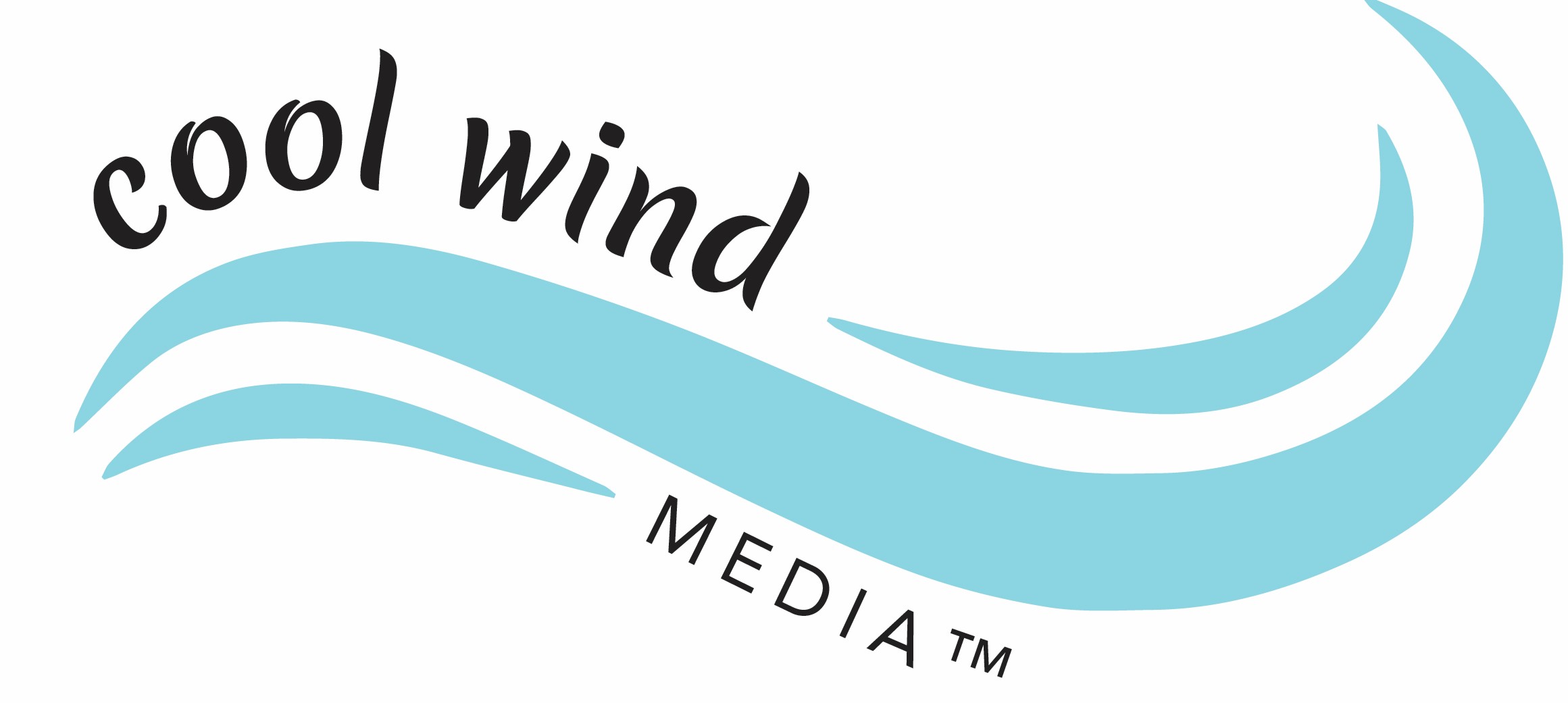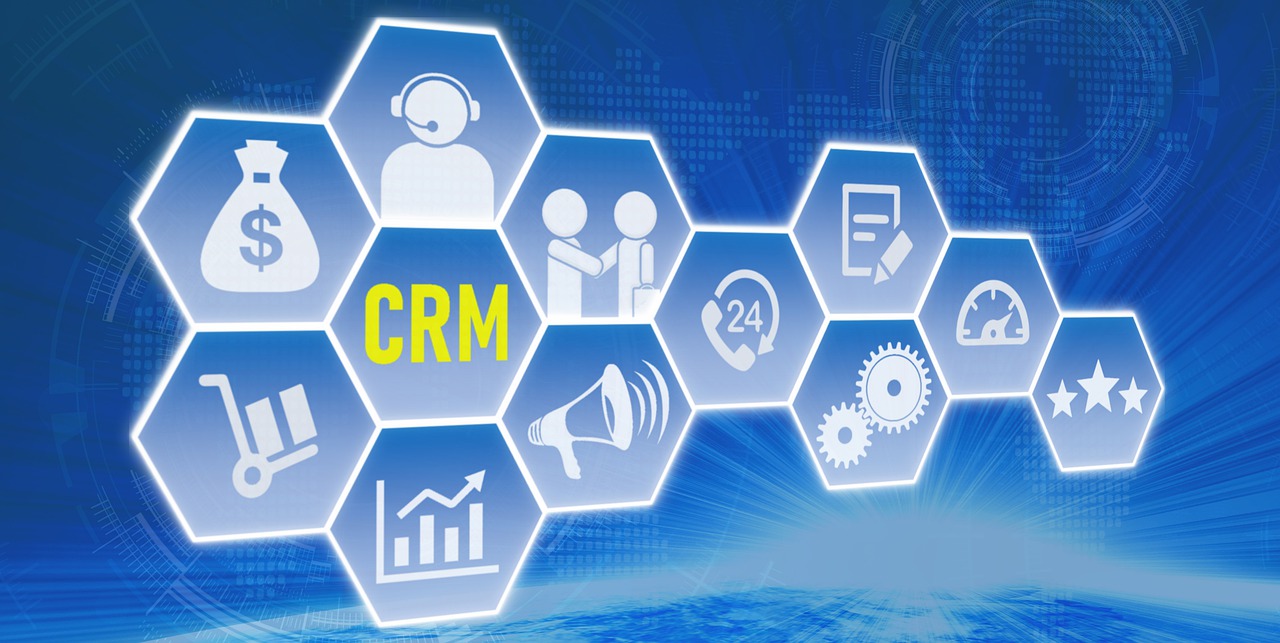Customer Relationship Management (CRM) in healthcare transcends the traditional management of clinical contacts and patient records. It embodies a holistic approach that places the patient at the center of healthcare provision. In this contemporary setting, CRM systems not only streamline operational efficiency but also significantly bolster the patient experience by personalizing care and enhancing communication. As we delve deeper into the various facets of CRM in the healthcare context, it becomes apparent that such tools are integral to the evolution of patient-centered care—an approach that promises to shape the future of healthcare services.
Defining CRM in the Healthcare Context

In essence, CRM refers to a strategy used by organizations to manage interactions with current and potential customers. In healthcare, this translates to the management of all aspects of patient relations. CRM systems in healthcare serve as a repository for patient data, assisting healthcare providers in delivering personalized service and managing communication. As such, healthcare CRM can be defined as the integration of technology and processes that enable the management of customer relationships in a way that emphasizes patient satisfaction.
Impact of CRM on Patient-Centric Care
The incorporation of CRM systems within the healthcare industry has been transformative, promoting a fitness toward more patient-centric care models. By leveraging comprehensive patient data, healthcare providers are empowered to tailor their services to the individual needs and preferences of each patient, thus fostering a more personalized healthcare journey.

- Enhanced Patient Engagement: CRM systems facilitate increased patient engagement by providing platforms for direct communication and feedback, leading to better-informed patients and more tailored health interventions.
- Coordinated Care Delivery: Through the integration of patient information across different platforms and departments, CRM enables more coordinated care delivery, reducing the risk of errors and improving overall treatment outcomes.
- Streamlined Administrative Processes: By automating administrative tasks, CRM allows healthcare staff to focus more on direct patient care and less on paperwork, leading to a more efficient use of resources and time.
- Improved Patient Retention: CRM’s ability to track patient history and preferences contributes to improved continuity of care, fostering trust and loyalty among patients.
- Predictive Analytics for Personalized Care: The use of CRM systems to analyze large sets of data can lead to predictive insights, enabling healthcare providers to offer personalized care plans and proactive health management.
- Feedback and Continuous Improvement: CRM supports the collection and analysis of patient feedback, which is vital for healthcare providers to identify areas for improvement and implement changes that enhance the quality of care.
CRM’s Role in Streamlining Healthcare Operations
Healthcare providers are burdened with myriad administrative tasks, from appointment scheduling to medical billing. CRM technology simplifies these processes, allowing for better patient flow and reduced waiting times. Moreover, effective data management within CRMs ensures that critical health information is readily available, thereby enhancing overall operational efficiency. With fewer administrative delays, healthcare providers can focus on the core aspect of their job – providing quality care to their patients.
Enhancing Patient Experience with CRM for Healthcare

Utilizing CRM for healthcare is not just an operational benefit; it significantly enhances the patient experience. With a CRM system in place, healthcare providers can maintain a continuous relationship with their patients beyond the clinical setting. This deepened relationship enables a more comprehensive view of the patient’s health journey, often leading to improved health outcomes. Furthermore, CRM for healthcare facilitates personalized patient engagement by leveraging data analytics to deliver targeted communication and interventions suited to individual patient needs. This tailored approach is crucial for chronic disease management and preventive healthcare strategies, where patient engagement plays a pivotal role in the efficacy of the treatment plan.
CRM as a Tool for Healthcare Coordination
The seamless coordination of care among various specialists and healthcare providers is vital in ensuring comprehensive treatment. CRM solutions facilitate this by enabling shared access to a patient’s healthcare records, reducing the likelihood of medical errors and improving the quality of communication between different healthcare departments. Additionally, centralized data storage within a CRM system eliminates duplication of patient records and streamlines the referral process between providers. This results in faster diagnosis, treatment, and overall improved patient care.
Challenges and Considerations in CRM Adoption
Despite the obvious benefits, integrating CRM in healthcare settings comes with its hurdles. These range from data privacy concerns to resistance to change among healthcare staff. Addressing these challenges head-on, with clear strategies and thorough training, is key to successful CRM implementation. Additionally, it is essential to carefully choose a CRM solution that meets the unique needs of your healthcare organization and complies with industry regulations. The right CRM can make all the difference in improving patient outcomes and increasing operational efficiency.
In conclusion, the incorporation of CRM systems within the healthcare sector has demonstrated substantial improvements in efficiency and patient care quality. Moving forward, it is incumbent upon healthcare organizations to recognize the importance of CRM solutions and to continue striving for excellence in service delivery through ongoing innovation and refinement of these systems. By embracing CRM, healthcare providers can enhance patient experiences and outcomes, increase staff productivity, and ultimately contribute to a more efficient and effective healthcare system. And with the ever-evolving technology landscape, there is no better time than now to invest in a robust CRM solution for your healthcare organization.




